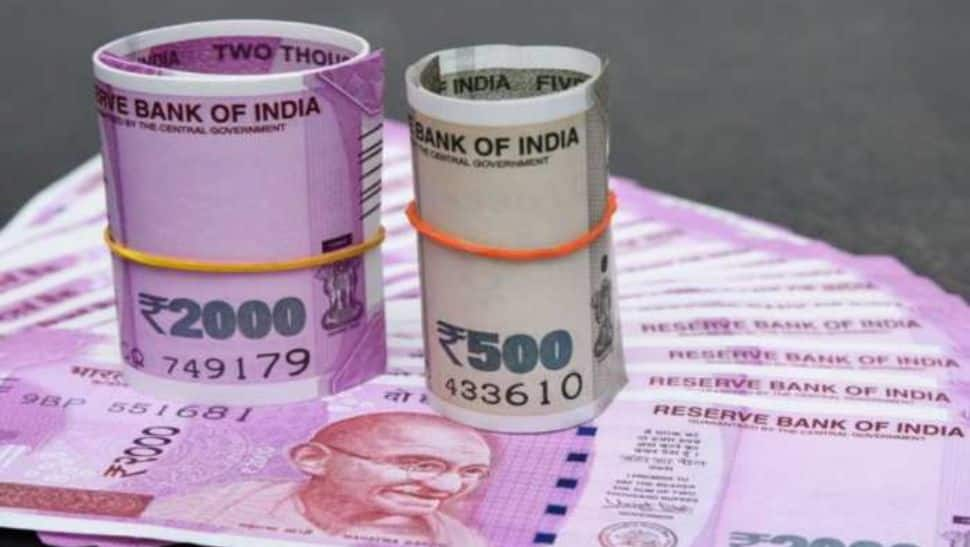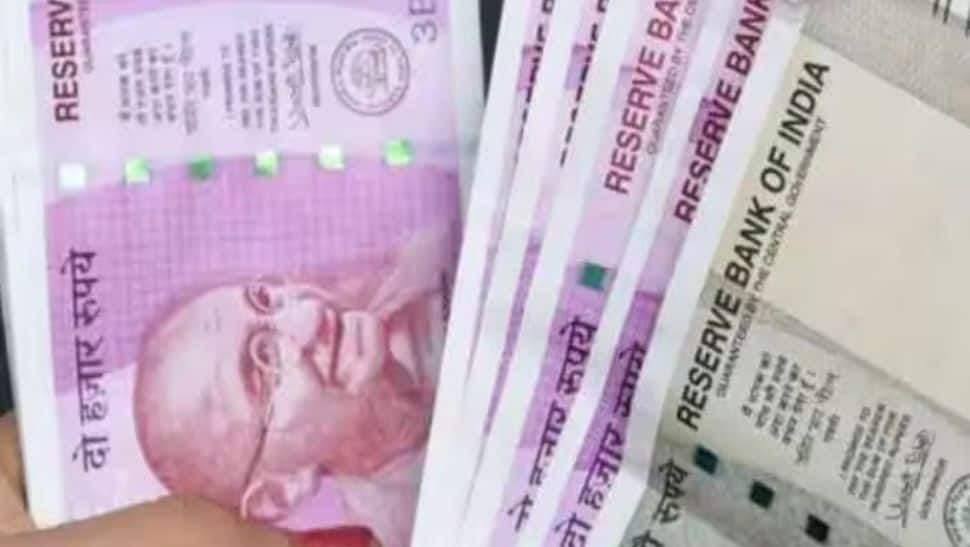Best Long-Term Investment Schemes In India: Check Out List Here
)
In a long-term investment, an investor buys assets and holds them for a considerable amount of time—typically more than five years—in accordance with his or her risk tolerance. In addition to the power of compounding, these instruments also lessen short-term volatility and offer tax advantages. Here's a list of such schemes.

A good approach to invest is through Post's Post Office Monthly Income Scheme (POMIS). It is backed by the Indian government and is a fantastic investment for those who are risk-averse but still want a reliable stream of income. Now, the POMIS offers 7.4 percent annual interest that is due each month. The plan has a five-year deposit period.

At maturity, the bond's principal amount and any income earned are repaid to the investor. It is regarded as a successful and secure investment choice that offers you assured profits (fixed & variable term based). Because the government is a trustworthy borrower and is unlikely to renege on its debt obligations, government bonds are regarded as safe investments. Compared to bank fixed deposits, it is a good option.

A type of mutual fund investment known as a monthly income plan (MIP) invests primarily in debt and equities assets with the goals of generating cash flows and protecting capital. Under this strategy, you decide not to reinvest the money and instead choose to get the income or profit from your mutual fund investments at regular periods.

This well-known but most traditional investment choice offers ongoing profits. Using real estate, you may generate a consistent rental income. Examples of real estate rental income include corporate offices, shops, room rentals, agricultural land, and co-working spaces.

If your portfolio is well-planned, you can benefit from dividends as a reliable source of income. It is a somewhat risky choice.

A Systematic Withdrawal Plan, sometimes known as an SWP, is a service offered to investors that enables them to consistently withdraw a set amount from a mutual fund plan. According to your needs, you can pick between monthly, quarterly, semi-annually, and yearly withdrawals.

Corporate deposits are also known as company fixed deposits. The deposits offered a higher rate of interest as compared to regular bank FDs.

